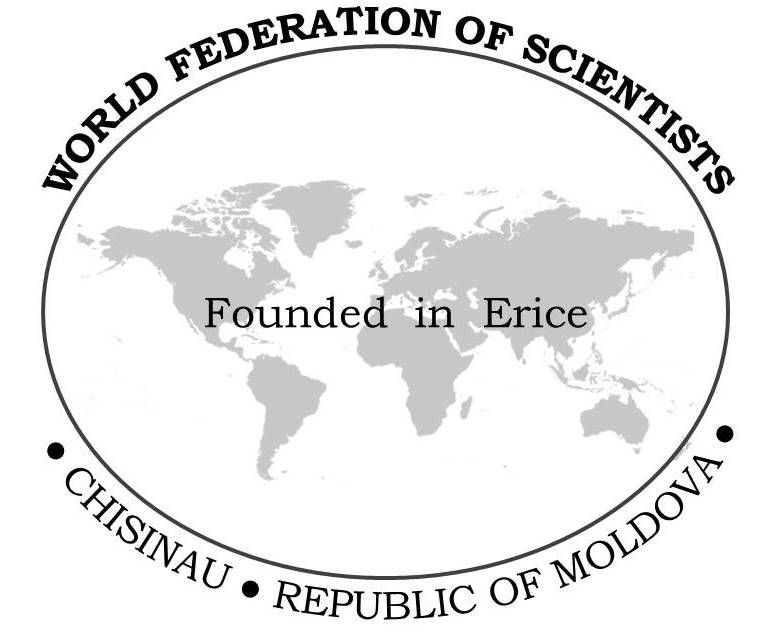- 41 views
What does the Artificial Intelligence Crisis consist of in 2024?
The Artificial Intelligence Crisis in 2024 refers to a set of challenges and concerns related to the rapid development and implementation of artificial intelligence technologies. Various aspects of this "crisis" may include:
- Concerns Regarding Ethics.
It's essential to address fears related to racial, gender, or socio-economic biases in AI algorithms. These biases can lead to unfair decisions in areas such as employment, lending, and criminal justice.
- Impact on the Labor Market.
Automation and AI can lead to significant transformations in the labor market. The need for retraining and adapting the workforce to cope with these changes would be relevant.
- Issues of Privacy and Data Security.
The collection and use of personal data for AI raise major privacy and security issues.
- Control and Regulation.
Regulating AI is crucial. It becomes important to develop an international legal framework and global ethical standards to ensure responsible and safe development of AI.
- Unforeseen Social and Political Consequences.
As AI becomes more integrated into daily life, it's important to evaluate and manage its impact on society and politics.
- Trust and Transparency.
Issues regarding "black box" AI systems underline the need for transparency and accountability. A possible solution could be the development of AI explainability techniques.
- Innovation Capacity versus Safety Risks.
In the context of increasing AI capabilities, managing safety risks is fundamental. This could also include the importance of international collaboration to prevent the negative use of AI.
These challenges represent a call to action for all involved parties - researchers, developers, policymakers, and civil society - to collaborate towards the responsible development and implementation of AI technologies, with special attention given to ethics, equity, transparency, and sustainability.
Acad. Prof. Gheorghe Duca

